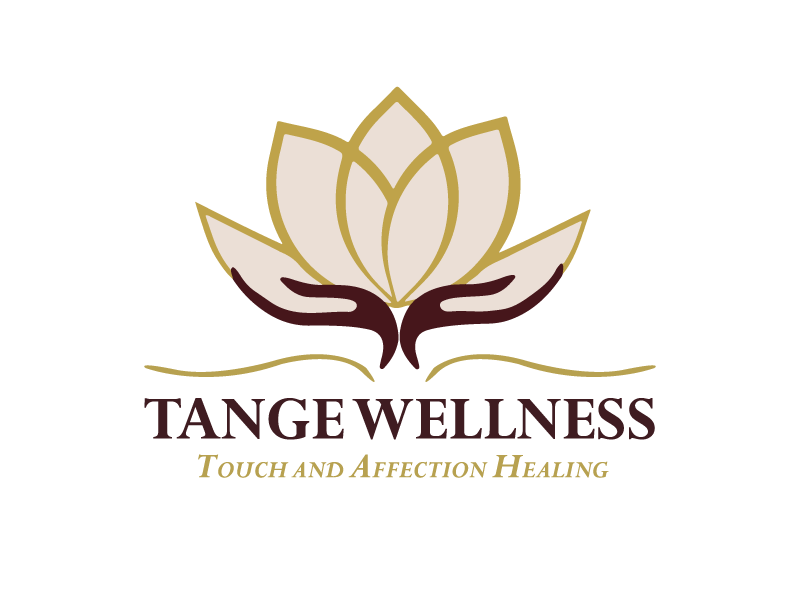Four Influences of Touch
For a few years now I have asked clients these questions:
· What does touch means to you?
· What is your association with touch?
· How do you like to be touched?
· How do you like to touch other people?
I find that most people have never given it much thought. Answers range from “I don’t know” or “What do you mean?” and sometimes “I have never done this before so I have nothing to compare it to.” That last one is referring to Platonic Touch Sessions. I realize, more clarification is needed as everyone has been touched. I then provide examples to people asking about their interactions with people in their household when they were growing up. If they have a partner or have ever had a partner and how they shared touch. How they touched their parents and touch between them and their children, friends, acquaintances…you get the idea.
If you cannot tell, it takes time coaching people to conceptualize and understand their personal history of touch. Which is fine as I never want someone to jump into touch if they are unsure of what they like or do not like. Especially since I work with clients living with trauma and PTSD and too often they will just do without considering how it will affect them.
Last week I had a wonderful discussion with my mentor David Palmer from TouchPro. We have been meeting once a week since last fall with a short hiatus around the holidays. David has 30 years of experience around positive touch and his ability to explain things in an understandable way makes him my go to for concepts around platonic touch, creating a market for services and understanding the touch culture in US.
We began talking about the 4 influences of touch history:
· Cultural
· Genetic
· Familial
· Individual
As he broke them down for me I realized these categories are a significantly better way to help people think about what touch means to them and their association with touch. I am going to explain these touch associations so we can all understand them better.
Cultural
Our cultural influence of touch can be one culture or a combination of multiple cultures. I not only have the American influence of what is acceptable touch but also the Mexican influence as well. How I introduced myself with Americans would be different than how I introduce myself to people from Latin cultures. The difference is a simple handshake vs a handshake and a single kiss on the cheek.
Genetic
Genetics play a significant role in our history of touch. We know humans are physiologically wired and have a need for touch. We have evolved to maintain a social grooming instinct within our groups. People with larger hands vs someone with smaller hands will have more space between their touch receptors which influences how people experience touch. In addition, males vs females appreciate touch differently.
Familial
If you were raised in a house where there were clear attitudes about touch then you have probably grown into your adulthood maintaining those views. People have told me time and time again that once their children go to a certain age they no longer hugged or cuddled with them. These are ideas that children learn within the family unit of what is appropriate and inappropriate touch with family members.
Individual
I believe this to be the greatest influence above and beyond everything else. Here is where positive and negative touch history is stored, which includes abusive touch. If we have had a platonic touch session together, you have probably heard me say that I do not like to be tickled and I do not like to tickle. This is because I was tickled as a child and did not like yet had to endure it because I could not get away. The influence has impacted my children (their familial influence) as I do not allow them to hold each other down and tickle. In an attempt to make sure my children have a positive familial history of touch, I try to be available for a hug or a cuddle no matter how big they get.
Now I ask you, what is your experience with touch? How has it influenced your interaction with your friends, partner, children, co-workers and so on? Getting clear on your history is the first step into understanding your associations, likes and dislikes around touch.




